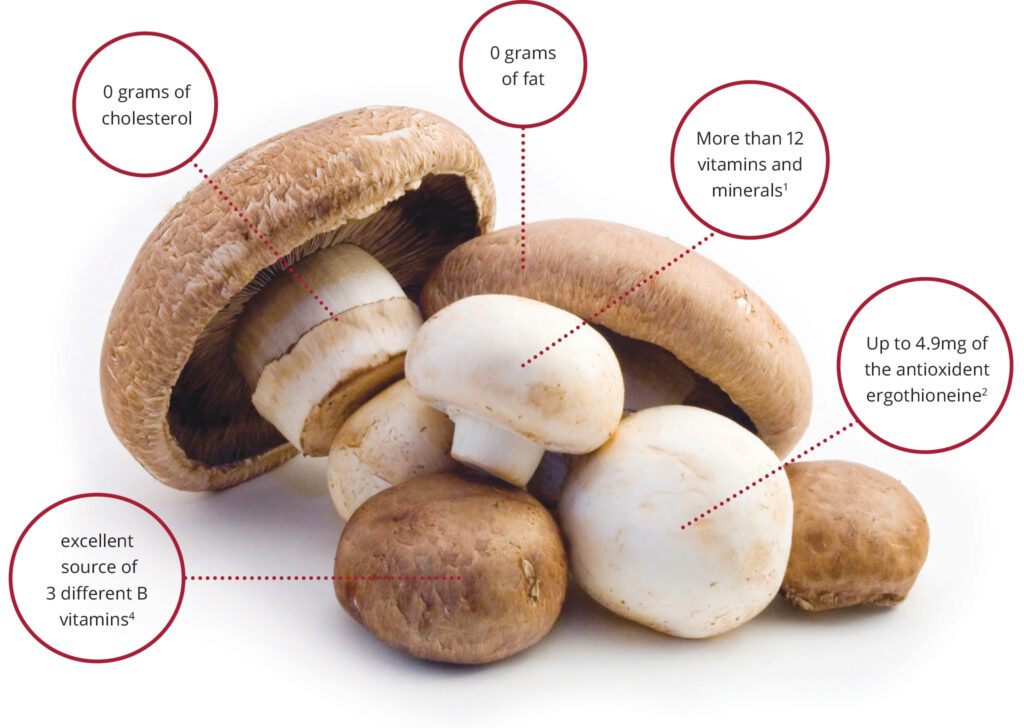Getting good sleep is crucial for overall health and well-being. Here are some effective tips to help you improve the quality and duration of your sleep:
Tips for Getting Good Sleep:
- Maintain a Consistent Sleep Schedule:
- Go to bed and wake up at the same time every day, even on weekends. This helps regulate your body’s internal clock and improves the quality of your sleep.
- Create a Relaxing Bedtime Routine:
- Develop a pre-sleep routine that helps you unwind. This could include activities like reading a book, taking a warm bath, listening to calming music, or practicing deep breathing exercises.
- Limit Exposure to Light Before Bed:
- Avoid exposure to bright lights, especially blue light from screens (phones, computers, TVs), at least an hour before bedtime. Blue light can interfere with the production of melatonin, the hormone that regulates sleep.
- Optimize Your Sleep Environment:
- Keep your bedroom dark, quiet, and cool (around 60-67°F or 15-19°C). Consider using blackout curtains, earplugs, or white noise machines to create an ideal sleep environment.
- Be Mindful of What You Eat and Drink:
- Avoid large meals, caffeine, and alcohol close to bedtime. Caffeine can stay in your system for several hours, and alcohol, although it may make you feel sleepy, can disrupt your sleep cycle later in the night.
- Get Regular Exercise:
- Engaging in regular physical activity can help you fall asleep faster and enjoy deeper sleep. However, try not to exercise too close to bedtime, as it can have a stimulating effect.
- Manage Stress and Anxiety:
- Practice stress-reducing techniques like mindfulness, meditation, or yoga to help calm your mind before bed. Journaling or writing down your thoughts can also help clear your mind and reduce nighttime anxiety.
- Limit Naps:
- If you need to nap, try to limit it to 20-30 minutes and avoid napping late in the afternoon. Long or irregular napping during the day can interfere with nighttime sleep.
- Avoid Stimulants Before Bedtime:
- Avoid nicotine and other stimulants, which can disrupt sleep patterns.
- Consider Sleep Supplements:
- Natural supplements like melatonin, magnesium, or valerian root can help some people sleep better. However, consult a healthcare provider before using any supplements.
- Use the Bedroom for Sleep Only:
- Try to reserve your bed for sleeping and avoid using it for activities like working, watching TV, or eating. This helps create a mental association between your bed and sleep.
- Address Sleep Disorders:
- If you have ongoing sleep issues like insomnia, sleep apnea, or restless legs syndrome, consult a healthcare professional. Treatment of underlying sleep disorders is essential for good sleep quality.
- Stay Comfortable:
- Invest in a comfortable mattress and pillows that suit your sleeping style. Choose breathable and comfortable bedding to enhance your sleep environment.

Additional Sleep Hygiene Tips:
- Practice Gratitude or Relaxation Techniques: Before going to bed, think about positive events of the day or practice relaxation techniques like progressive muscle relaxation.
- Limit Liquid Intake: Reduce your fluid intake in the evening to minimize nighttime trips to the bathroom.
- Expose Yourself to Natural Light: Spend time outdoors or get exposure to natural light during the day to help regulate your sleep-wake cycle.
Conclusion:
Improving sleep involves a combination of consistent sleep habits, creating a comfortable sleep environment, managing stress, and maintaining a healthy lifestyle. By adopting these tips, you can enhance the quality of your sleep and enjoy the numerous health benefits of a restful night.





